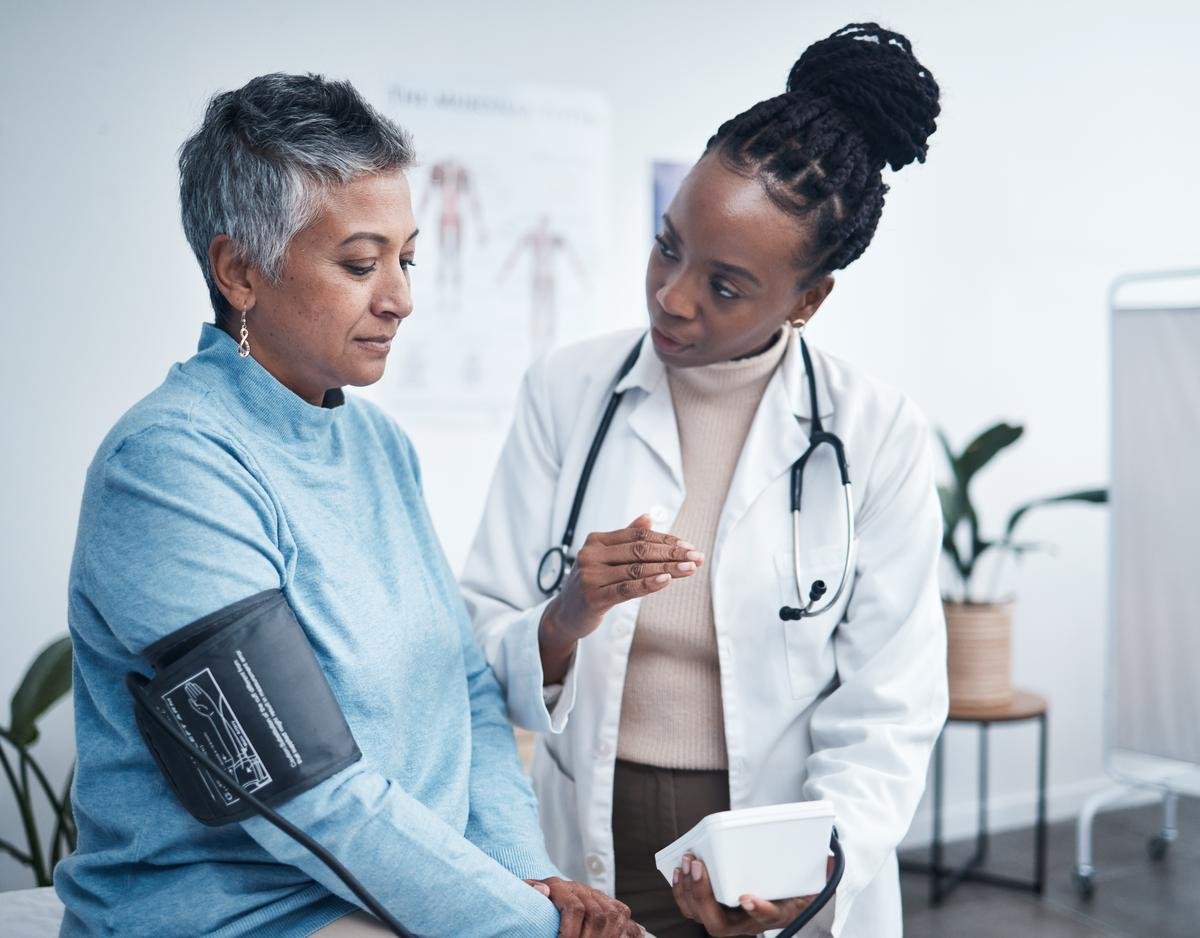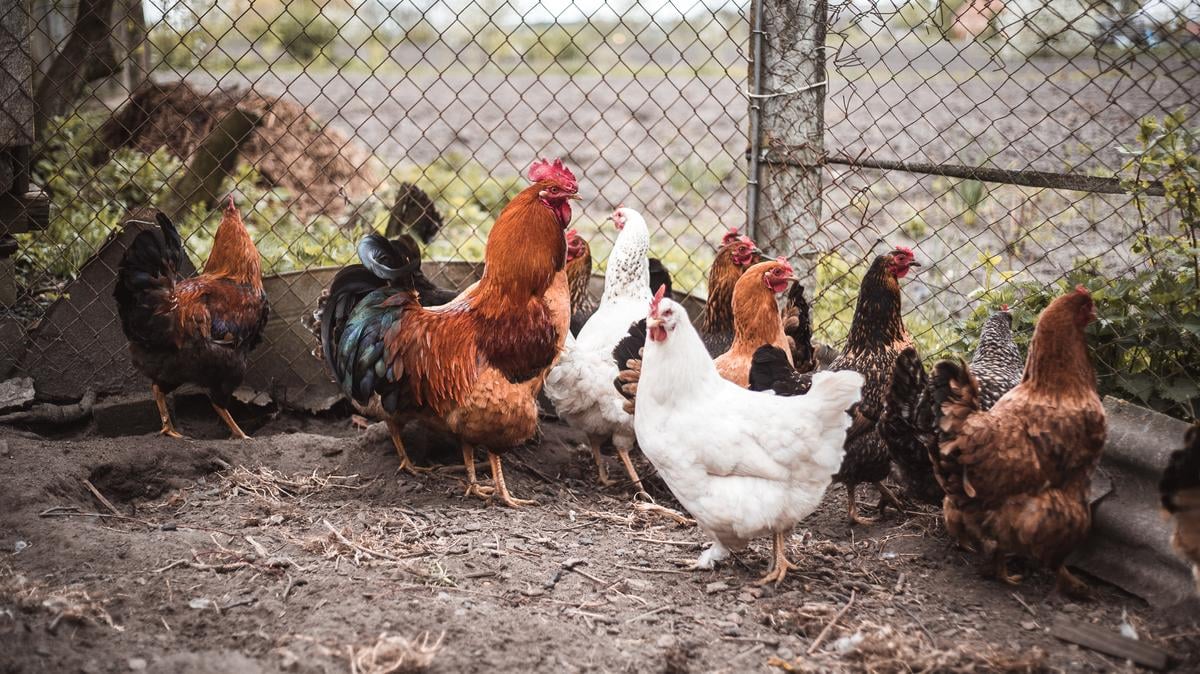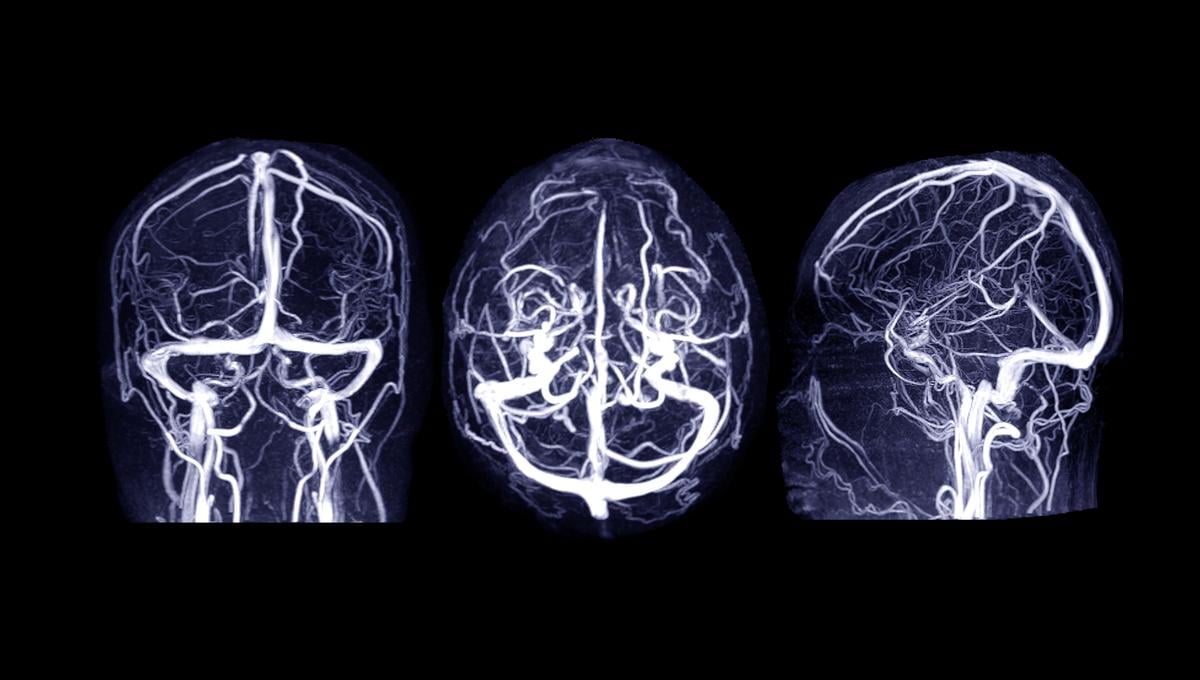
Men are more than three times as likely to die from a traumatic brain injury compared to women, a new study says. About 30 brain injury-related deaths occurred for every 100,000 U.S. men in 2021, while only 9 such deaths occurred among women at that rate, researchers found in a new study published Jan. 9… read on > read on >

















.jpg)












